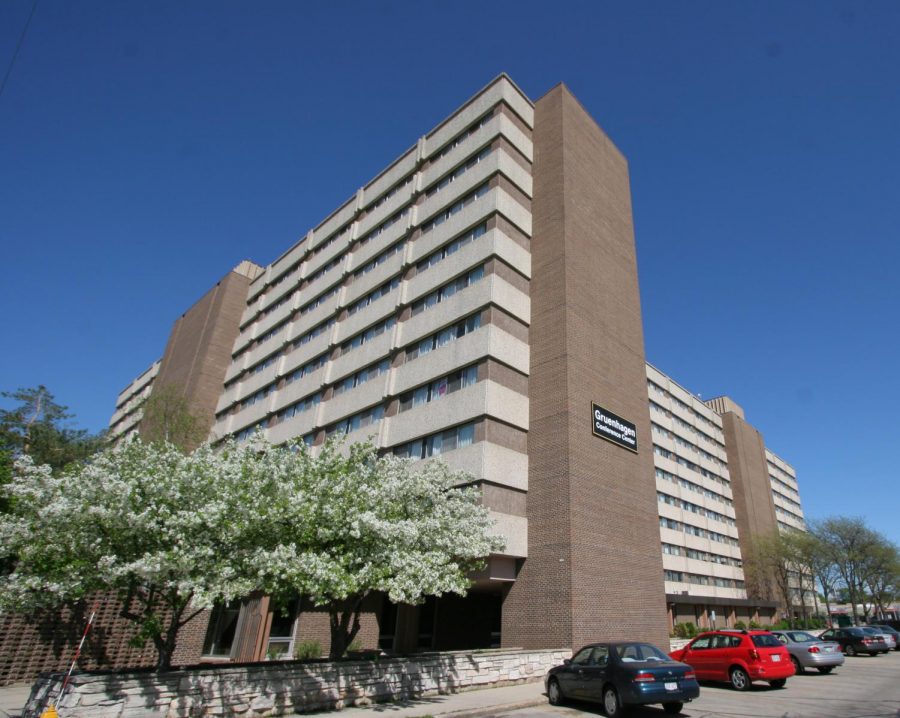Vacant UWO residence halls may house coronavirus patients
March 23, 2020
The state of Wisconsin has asked UW Oshkosh to house coronavirus patients if health care facilities reach capacity.
“We are working closely with leaders in the Wisconsin Department of Administration, the Wisconsin Department of Health Services and the UW System to determine the best locations on our Oshkosh campus for this to occur,” Chancellor Andrew Leavitt wrote in a campus wide email Sunday.
Those agencies are looking for “alternative care sites” around the state and reaching out to universities for volunteers, the email noted.
Patients housed at UWO would have “mild illness,” who do not require hospitalization, and would be housed in vacant residence halls, Leavitt wrote.
The email added that Gov. Tony Evers reached out to the UW System over the weekend to develop a plan to identify alternative housing sites for patients.
On Saturday, UW Oshkosh began expediting the move-out of Oshkosh campus residence hall students, according to a press release.
Students remaining in residence halls will not be in halls that may potentially be used for patients, the release said.
Leavitt’s email asked for faculty, staff and student volunteers to assist in the university’s effort.
Volunteers would “preferably have experience in healthcare or infectious diseases,” he wrote.
Leavitt added that the university was also looking for volunteers with “basic employment skills,” such as the ability to work well with others, ability to work under pressure, the ability to learn new skills and the ability to adapt to changing situations.
In a conference call with reporters on Monday, Leavitt said over 100 people applied to volunteer, with the majority being students.
He said the university would house patients from within the Fox Valley, and that UW-Madison and UW-Milwaukee are also being eyed to house patients.
Conversations about UWO being used to house COVID-19 patients began last Thursday, and by Saturday the state asked the university if its facilities could be used, he said.
It’s unclear which residence halls will be used to house patients, but Leavitt said they’re all being cleaned and prepped for potential use.
The university anticipates that only one residence hall will be needed, in the vicinity of 100 to 200 rooms, he noted.
Leavitt added that the two main residence halls the university is eyeing for use are Horizon Village and the Gruenhagen Conference Center.
He concluded the call by saying these are unprecedented times, and that he’s heartened by the community’s response to his call for volunteers.
“I think that’s a testament to what we’re doing these days and we all have to come together as a community to beat this thing,” Leavitt said.














